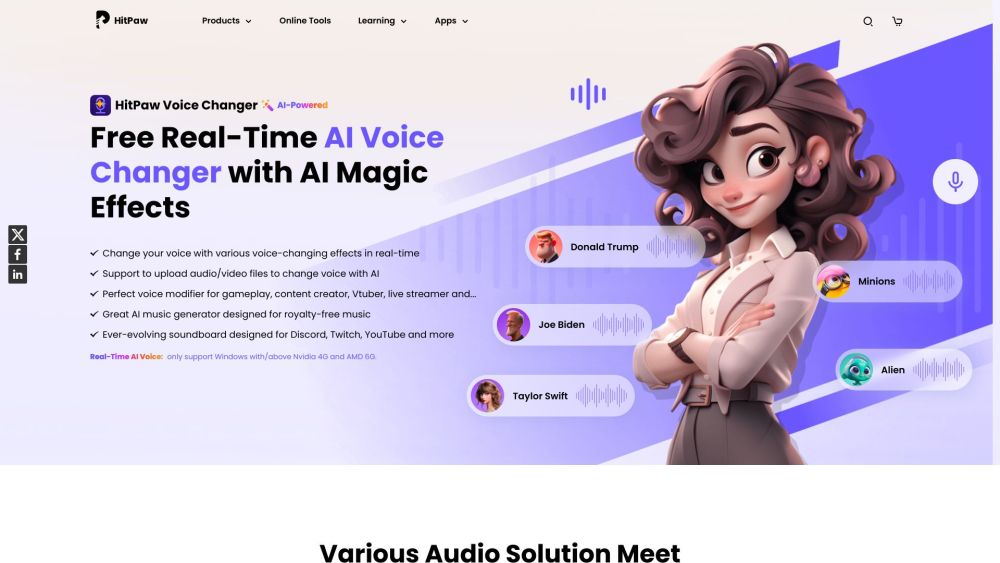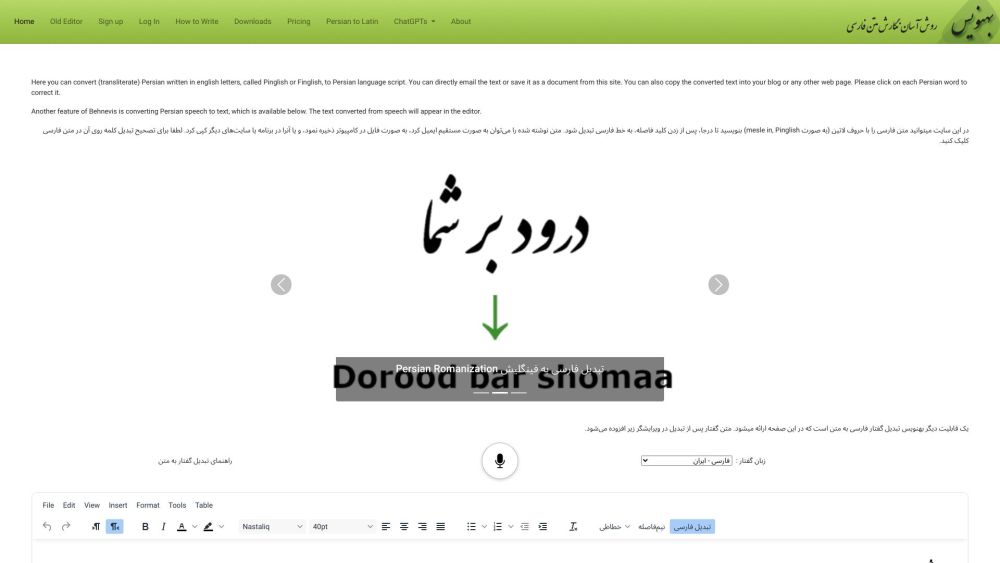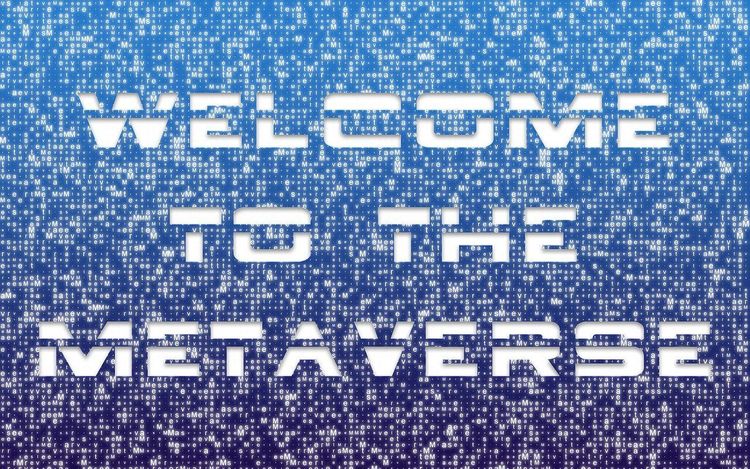Study Reveals AI-Enhanced Screenings Detect More Breast Cancer Cases
Most people like

Transform your voice instantly with an innovative real-time AI voice changer that offers a wide range of stunning effects. Experience seamless voice modulation and elevate your audio creativity today!

Achieving precise transliteration and effective speech-to-text conversion for the Persian language is crucial for enhancing communication and accessibility. By transforming spoken Persian into written text accurately, we can bridge linguistic gaps, facilitate understanding, and promote cultural exchange. This guide explores the essential tools and techniques necessary for accurate Persian transliteration and speech recognition, ensuring seamless interaction for Persian speakers and learners alike.

Introducing an AI-Powered Workflow Platform for the ARM and Healthcare Sectors
Discover how our advanced AI-driven workflow platform transforms the Accounts Receivable Management (ARM) and healthcare industries. By streamlining processes and enhancing operational efficiency, our platform empowers organizations to optimize their workflows, improve patient outcomes, and accelerate revenue cycles. Explore the future of industry innovation with cutting-edge technology tailored for your needs.
Find AI tools in YBX



